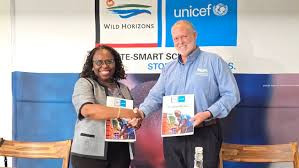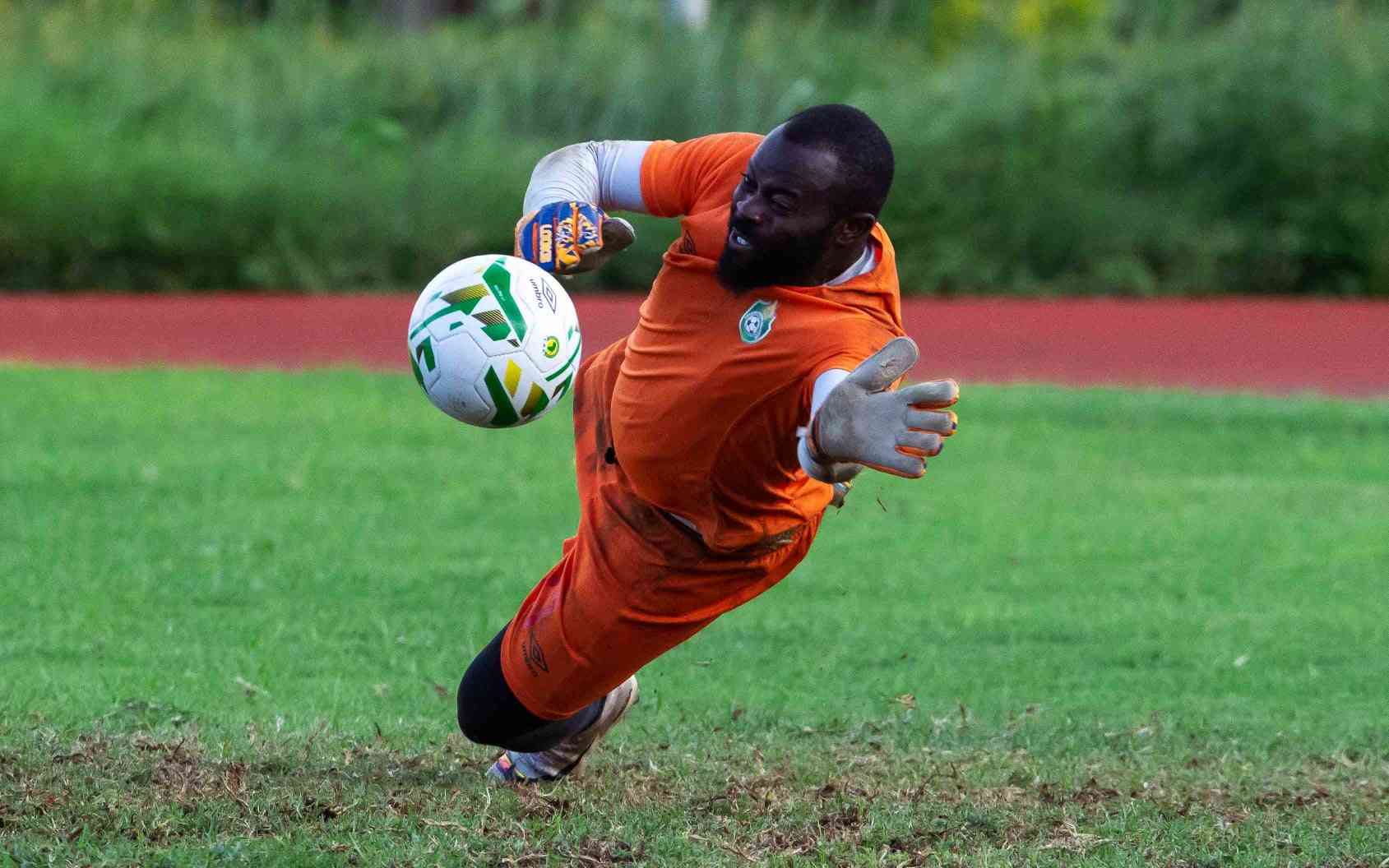
Unicef Zimbabwe has partnered with leading ecotourism operator Wild Horizons to implement climate-resilient solutions in schools around Victoria Falls, in a groundbreaking initiative aimed at improving access to clean water, renewable energy, and sustainable infrastructure for children and surrounding communities.
The two organisations signed a Memorandum of Understanding (MoU) to jointly roll out solar-powered, multi-sectoral water systems at Mkhosana Adventist, Ndlovu, and Sizinda schools.
The systems are expected to strengthen education, health, nutrition, and employment outcomes for local communities.
Unicef Zimbabwe representative, Etona Ekole, described the partnership as a model for sustainable collaboration between the private and development sectors.
“This partnership is a powerful example of how business and development can come together to create sustainable solutions for children and their communities,” she said.
“By combining Unicef’s child-focused programming with Wild Horizons’ commitment to protecting the environment and empowering communities, we are building models of climate resilience that can be scaled across Zimbabwe.”
The collaboration leverages Wild Horizons’ strong community presence and corporate social responsibility programme, which already supports 44 schools in the area, along with Unicef’s extensive experience in promoting children’s rights to education, health, and safe water.
Schools in Victoria Falls have long battled the effects of water scarcity and fragile infrastructure.
- Tarakinyu, Mhandu triumph at Victoria Falls marathon
- Andrea The Vocalist, dreams big
- All set for the 2022 Econet Victoria Falls Marathon
- Econet Victoria Falls Marathon return a boon for tourism
Keep Reading
Through the introduction of renewable energy-driven water systems, the initiative aims to deliver far-reaching benefits such as improved hygiene, menstrual health management, and reduced absenteeism among girls.
Nearby health facilities, including the Ndlovu maternity ward, will also benefit from enhanced water supply, strengthening maternal and child health services.
Additionally, the project will establish school gardens irrigated through solar-powered systems to promote food security and climate-smart agriculture.
Wild Horizons will provide youth training in solar and water technologies, creating new employment pathways and sustainable livelihoods.
Wild Horizons CEO said the partnership demonstrates their shared commitment to people and the planet.
“Wild Horizons is built on the foundation of community. This partnership with Unicef allows us to expand that commitment — ensuring healthier schools, stronger families, and a greener future. Together we can create a model of resilience that inspires far beyond Victoria Falls,” he said.
The initiative complements the Primary and Secondary Education ministry’s Clean Green Zimbabwe initiative and contributes to the country’s broader climate adaptation agenda.
It also aligns with the Zambezi River Basin regional initiative, which spans eight countries and supports over 41 million people.
If successful, the model could be extended to all 44 schools currently supported by Wild Horizons and replicated nationwide, reinforcing Unicef’s ongoing collaborations with partners such as KOICA, FCDO, TUI Care Foundation, and Welthungerhilfe.










